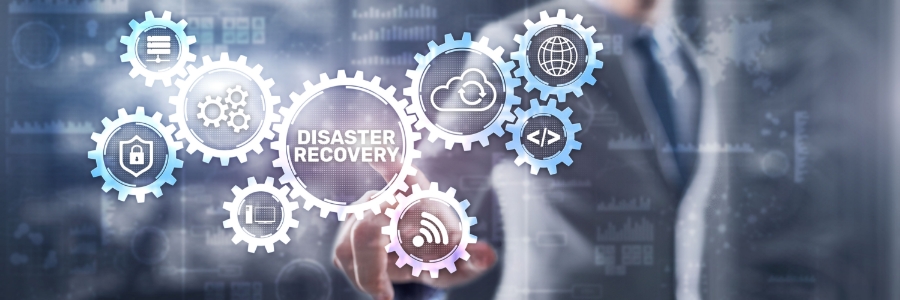Disaster recovery (DR) has undergone major changes for the better since cloud computing became popular. In particular, small- and medium-sized businesses have benefitted from cheaper and more reliable DR solutions. But there are still plenty of misconceptions about DR that are keeping many business owners from adopting the right DR strategies.
The 3 biggest disaster recovery myths that businesses should ignore
3 Disaster recovery myths, debunked
With advancements in cloud computing, disaster recovery (DR) has become more efficient and affordable than ever. However, many business owners still cling to some DR myths that can safely be disregarded, such as these three.
Myth 1: Tape backups are the best DR solution
Tape backups are physical objects that deteriorate over time.
Ignore these outdated disaster recovery myths
Disaster recovery (DR) used to be an expensive solution that relied predominantly on tape backups. Today, cloud computing has dramatically changed the DR landscape, affording even small- and medium-sized businesses cheaper and more reliable DR solutions.
The SMB’s guide to staying afloat during the COVID-19 pandemic
More than being a global health crisis, the COVID-19 pandemic is also upending the global economy. Many businesses find themselves facing the grim reality that if they don’t find a way to adapt to the crisis, they’ll end up closing their doors for good.
Ignore these outdated disaster recovery myths
With advancements in cloud computing, disaster recovery (DR) has become more efficient and affordable than ever. But many business owners still cling to DR myths that can safely be ignored. If you’re uncertain as to how DR has changed and are ready for an update, here are some myths that you ought to ignore.


